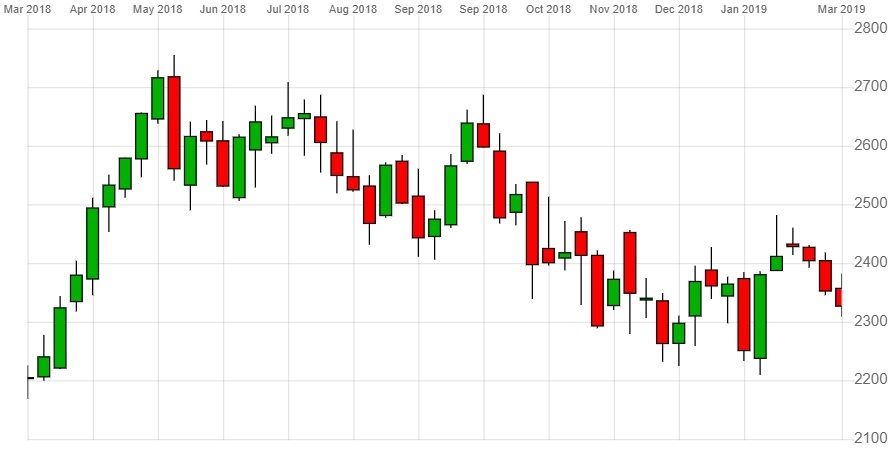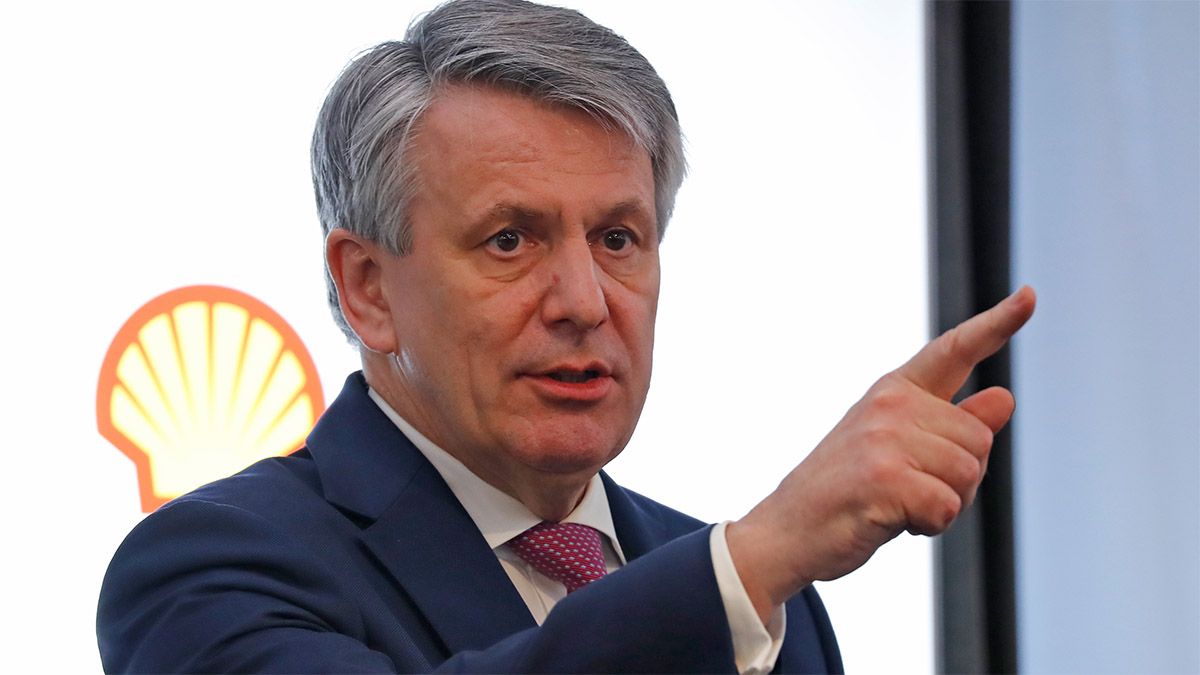In the run up to Royal Dutch Shell [RDSB] reporting its Q4 and full-year results for 2018, its stock dropped 7.3%.
During that time, the firm had been in tense negotiations with the United Steelworkers union to increase pay for 30,000 workers in US oil refineries, with a deal finally being struck at the end of January to increase pay by 11% over three years.
But the downturn switched to upturn at the end of January and Shell’s share price was rallying after it posting full-year earnings of $21.4bn – its highest since 2014 – as the company benefited from higher prices in oil and the completion of a $30bn divestment programme, which has helped put a dent in its massive debt pile of $98.7bn.
While the Anglo-Dutch firm has made progress on clearing its debt, knocking off $9bn in its most recent quarter, its total debt ratio still stands at around 37.93 and paired with a significant net gearing ratio of 46.42, it’s providing a warning signal for investors.
Like most of its oil peers, Shell has been began to slightly reshape its business portfolio by investing in low-carbon energy projects. Growth has however for the most part still come from the opening of a series of new deep-water wells in the Gulf of Mexico, as well as other new oil and gas projects that have helped boost its cash flow operations upwards of $10bn for the last quarter of 2018, bringing the total to $39.4bn for the year.
“You’ve started to see Shell delivering cash flows from higher margin projects that have come online and it has some very big ones coming on stream in the next year or so that will help further with cash generation,” says Colin Smith, analyst at Panmure Gordon.
Meanwhile, shareholders received dividends of $3.9bn for Q4. Shell hasn’t increased its dividends since 2014, however with a dividend yield of 5.9%, Shell continues to deliver a relatively high income return for investors. Moreover, it’s a return that looks likely to be maintained throughout the year, as its dividend payments are expected to be covered 1.7 times over by its profits.
“We paid our entire dividend in cash, further reduced our debt and launched our share buyback programme, with $4.5bn in shares repurchased so far,” says CEO Ben van Beurden.
| Market cap | £211.73bn |
| PE ratio (TTM) | 8.55 |
| EPS (TTM) | 280.00 |
| Total debt/equity (MRQ) | 37.93 |
Shell stock vitals, Yahoo finance, as at 14 March 2019
Volatility in oil
The oil gravy train isn’t going to stop anytime soon and while crude production continues to increase, so do oil prices.
However, it hasn’t all been plain sailing. Oil has experienced some wild price swings over the last few months, particularly in October when Brent Crude started the month at a near four-year high; by the end of the month oil prices posted their biggest monthly drop in more than two years.
While Brent Crude is a long way off the $86 a barrel mark it achieved last year (it is currently under the $68 a barrel mark) it has recently enjoyed a price rally, driven primarily by the prospect of a decline in supply from OPEC and other top exporters.
The problem for bulls is that while oil supply has clearly tightened with the US, Saudi Arabia and Venezuela are expecting growth to slow, and demand is starting to look weak again.
Oil prices are likely to experience continued volatility, especially as the geopolitical outlook for OPEC members remains unclear, making income returns from oil and gas companies susceptible to change. However, it is a risk that all oil and gas majors face in a market that has been subject to extreme volatility.
Shell’s oil and gas output was 3.79 million barrels of oil equivalents a day in Q4, compared with 3.76 million a year earlier. It expects new projects will deliver 150,000 barrels a day in 2019, which is “more than enough” to offset declines, van Beurden said.
150,000barrels
Projected daily output for 2019
“We’re going to do it all, we need to do it all,” Shell’s chief financial officer Jessica Uhl told Bloomberg. “It’s important for you to understand the nature of Shell, the nature of our cash flows, which aren’t necessarily dependent on excessive levels of capital investment.”
Continue reading for FREE
- Includes free newsletter updates, unsubscribe anytime. Privacy policy





